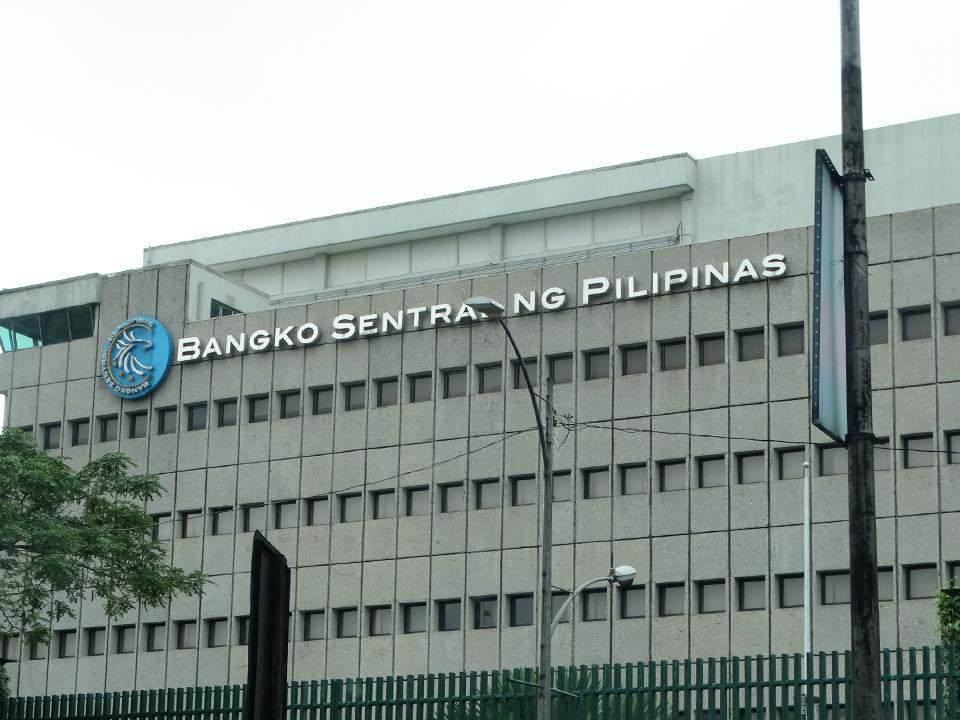BSP: PH potential exit from anti-dirty money 'grey list' to benefit OFWs

The Bangko Sentral ng Pilipinas (BSP) on Tuesday welcomed the Financial Action Task Force's (FATF) recent determination that the Philippines has made significant progress in its anti-money laundering and countering financing of terrorism (AML/CFT) initiatives, which would pave the way for the country's exit from the international body's anti-dirty money "grey list."
In its October statement, the FATF announced that it made an "initial determination" that the Philippines has "substantially completed its action plan."
Such a determination, according to the task force, would warrant "an on-site assessment to verify that the implementation of AML/CFT reforms has begun and is being sustained, and that the necessary political commitment remains in place to sustain implementation in the future."
With this, the BSP said the FATF's announcement is a welcome development as it recognizes the country's reforms and efforts in AML/CFT.
"A grey list exit will benefit Filipinos, especially overseas Filipino workers, through faster and cheaper remittances and other cross-border transactions," the central bank said.
The BSP said the FATF's onsite assessment will verify if the implementation of AML/CFT reforms has begun and is being sustained, and that the necessary political commitment is in place to sustain implementation of reforms.
The central bank said "the Philippines will be removed from the FATF grey list after successful verification."
PH key reforms
In its statement, FATF said the Philippines has made the following key reforms including the following:
- Demonstrating that risk-based supervision of DNFBPs is occurring
- Demonstrating that supervisors are using AML/CFT controls to mitigate risks associated with casino junkets
- Implementing the new registration requirements for MVTS and applying sanctions to unregistered and illegal remittance operators
- Enhancing and streamlining LEA access to Beneficial Ownership (BO) information and taking steps to ensure that BO information is accurate and up-to-date
- Demonstrating an increase in the use of financial intelligence and an increase in ML investigations and prosecutions in line with risk
- Demonstrating an increase in the identification, investigation and prosecution of TF cases
- Demonstrating that appropriate measures are taken with respect to the non-profit organizations (NPO) sector (including unregistered NPOs) without disrupting legitimate NPO activity
- Enhancing the effectiveness of the targeted financial sanctions framework for both terrorist financing (TF) and proliferation financing (PF)
"The BSP remains committed to reinforcing the integrity of the Philippine financial system and continues to conduct risk-based AML/CTPF examinations, thematic reviews, and capacity building programs," the central bank said.
"The BSP also recognizes the continuing efforts of banks and other BSP-supervised financial institutions to improve their AML/CTPF frameworks," the central bank added.
The Philippines was included in the FATF grey list in June 2021.
Since then, the BSP said it has worked with the national government to further strengthen the country's risk-based AML/CTF supervisory regime.
"Under the National AML/CFT Coordinating Committee's Supervision of Financial Institutions Sub-Committee, the BSP has helped the Anti-Money Laundering Council, Securities and Exchange Commission, and Insurance Commission achieve significant milestones in risk-based AML/CTPF supervision," the central bank said.
"The BSP has also carried out relevant action plans to enhance money service business supervision and the effectiveness of targeted financial sanctions framework for terrorism and proliferation financing. It has implemented and sufficiently addressed these action plans within the set timelines in 2022," it said.
Committed to resolve deficiencies
The FATF identifies countries or jurisdictions with weak measures to combat AML/CFT under "black" and "grey" lists. It issues its lists three times a year.
Those under the "black list" are countries identified with "serious strategic deficiencies to counter money laundering, terrorist financing, and financing of proliferation."
Meanwhile, when the FATF places a nation under "grey list" or increased monitoring, it means that a country committed to resolving the identified strategic deficiencies within agreed time frames and is subject to increased monitoring.
Early in January this year, President Ferdinand "Bongbong" Marcos Jr. directed concerned government agencies to address and resolve the Philippines' "grey listing." — VDV, GMA Integrated News




